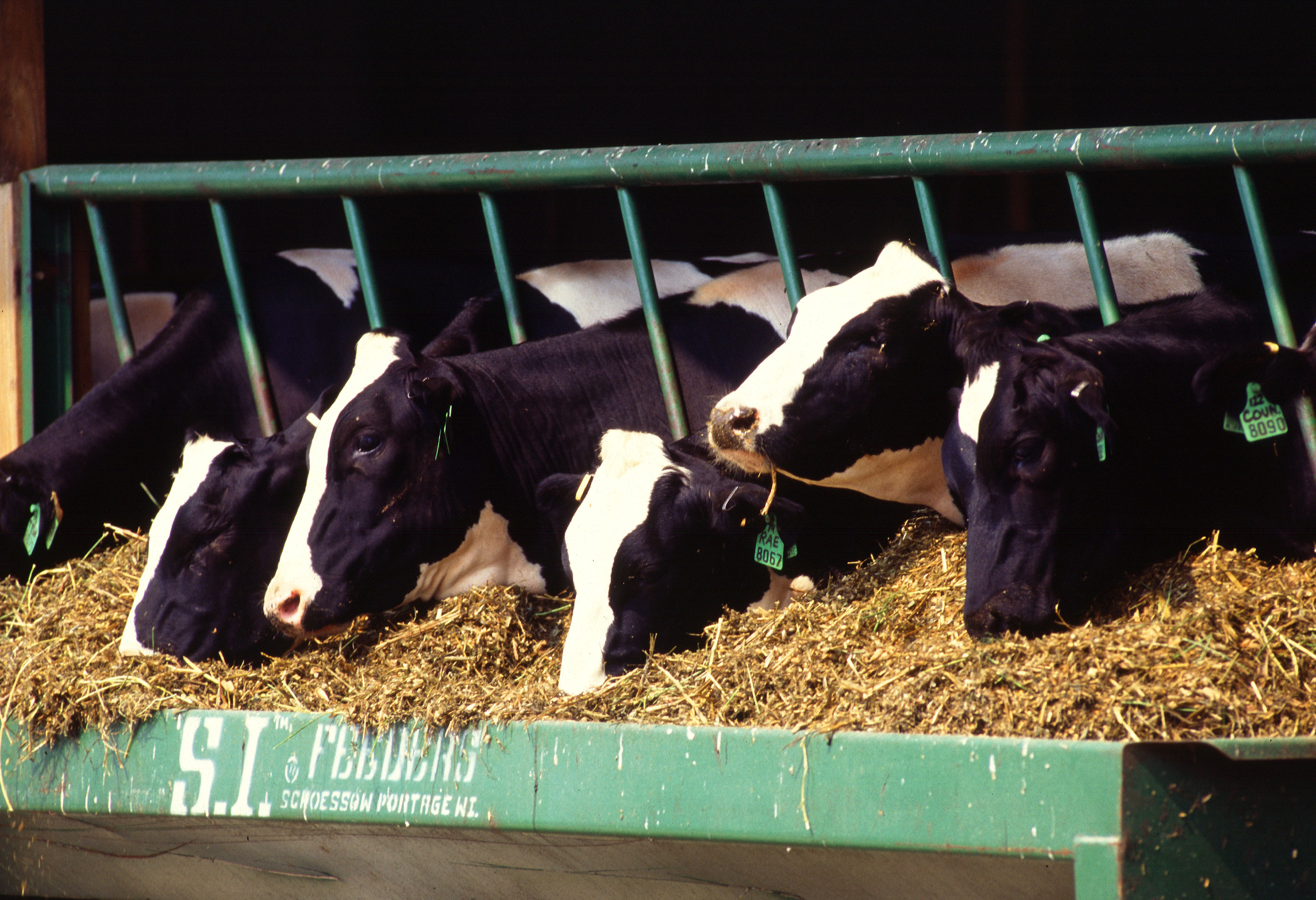Dairy cows are a wonderful addition to any homestead. The nourishment their fresh milk provides is liquid gold-raw milk is highly nutritious and can produce delicious, top-notch butter, cream, buttermilk, cheese and yogurt. I think when anyone thinks of farming or homesteading, they think of owning a dairy cow.
If you’re interested in getting a dairy cow, here are a few basic considerations:
Your Homestead’s Capacity
What breed of cow, how many to get, how often to breed and what to feed the cow(s) will depend on your homestead, what facilities you have, how much acreage you have, how much milk you want and how often you can milk them. For example, inn many parts of the country, cows will require a winter barn, where they can keep warm and will need to be fed, watered and have their pens cleaned out regularly. Or, how much hay you will need to feed them depends on how much grazing they can do. What breed you should buy will vary based on some of these considerations, as some breeds are small and produce a lot of milk, others produce a lot of milk with lower fat content, etc. First assess the capacity your farm or homestead has before researching what type of breed will best suit that.
Find a Mentor
If you know someone who already owns or has owned cows, they will be an invaluable resource for you (and possibly even be able to provide you with a cow!), especially if they live in your area and can talk you through the specifics of owning cows in your climate. If you don’t know anyone, there are plenty of books available on the topic and probably even dairy cow owners associations or 4H resources at your disposal.
Find an Experienced Cow
A very good place to start with dairy cows is to get a cow who is experienced herself with being milked! As you learn to milk, it will be very helpful to have a heifer who is comfortable with the whole thing. Cows get used to being milked and even come to enjoy it, so it will make the whole experience much smoother if one of you knows what you’re doing at first.
Get Prepared
Not just for all of the above-but anything that could potentially go wrong with the cow or require medical attention.  Research all the common maladies that can happen to cows-mastitis and milk fever are at the top of the list-and get yourself set up to treat them properly. Most people will want to breed their cows once a year to keep a fresh supply of milk (if you continue to milk a cow after her calf is weaned she can lactate for several years, but it is best to breed her once a year to replenish her milk production), so learn everything you can about calving. Find a good big animal vet in your area.
Research all the common maladies that can happen to cows-mastitis and milk fever are at the top of the list-and get yourself set up to treat them properly. Most people will want to breed their cows once a year to keep a fresh supply of milk (if you continue to milk a cow after her calf is weaned she can lactate for several years, but it is best to breed her once a year to replenish her milk production), so learn everything you can about calving. Find a good big animal vet in your area.
Dairy cows pour all their heart and soul into their milk production, so its important they get the best care they can. Before you consider getting one, make sure you have the resources and time needed to care for them properly. They will certainly make it worth your while!
If you like this, you might also like:

